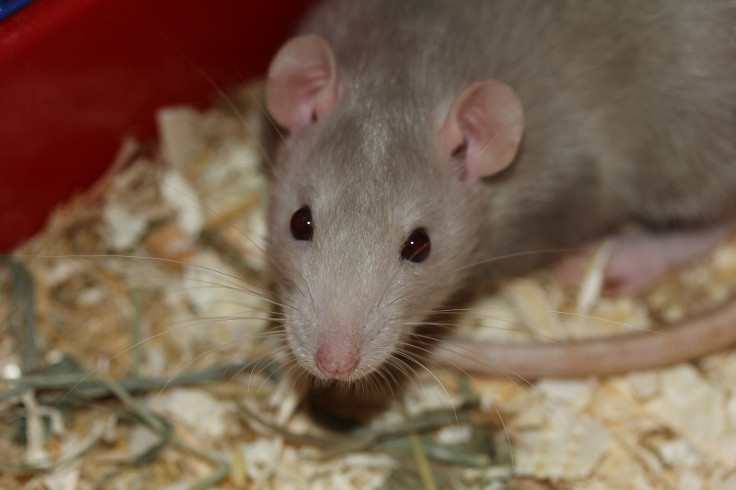Chinese Scientists Genetically Engineer World's First Mouse With Fully Reprogrammed Genes
KEY POINTS
- Mice have 20 chromosomal pairs of 40 chromosomes in total
- Scientists genetically engineered a mouse with just 19 chromosomal pairs
- They found that these genetic changes can be passed on to offspring
Chinese scientists have done the impossible: They have reprogrammed genes in a mammal for the first time ever.
The said mammal is a mouse known as Xiao Zhu or "Little Bamboo," South China Morning Post reported. It was gene-edited to change its chromosome arrangement "that occurs on a million-year evolutionary scale" inside a laboratory, the Chinese Academy of Sciences (CAS) noted in a news release.
The scientists' study, published in the journal Nature, emphasizes the significance of chromosomal rearrangement, which is an evolutionary indicator of the birth of a new species.
Chromosomes are the packages of organized genes contributed equally by each parent. They align and recombine to produce offspring. In the case of mice, each one has 20 chromosomal pairs or 40 chromosomes in total.
Researchers engineer first sustainable chromosome changes in #mice @sciencemagazine https://t.co/EZZk5t1KTB
— Phys.org (@physorg_com) August 25, 2022
"The laboratory house mouse has maintained a standard 40-chromosome karyotype — or the full picture of an organism's chromosomes — after more than 100 years of artificial breeding," Li Zhikun, co-author of the study and researcher at CAS' Institute of Zoology, said, as per the news release.
"Over longer time scales, however, karyotype changes caused by chromosome rearrangements are common. Rodents have 3.2 to 3.5 rearrangements per million years, whereas primates have 1.6," Li added.
Before this, chromosomal-level engineering had been successfully done in yeasts but was a failure when it came to mammals. Therefore, the new study shows the feasibility of chromosome-level engineering in mammals.
The researchers created a laboratory house mouse with a novel and sustainable karyotype. They genetically engineered a mouse with 19 chromosomal pairs, which is one pair less than what is standard in this species, and these genetic changes can be passed on to offspring.
"The initial formations and stem cell differentiation was minimally affected; however, karyotypes with fused 1 and 2 chromosomes resulted in arrested development," Wang Libin, first author of the study and a researcher affiliated with CAS and the Beijing Institute for Stem Cell and Regenerative Medicine, said, according to the news release.
"The smaller fused chromosome composed of chromosomes 4 and 5 was successfully passed to offspring," Wang added.
"Some engineering mice showed abnormal behavior and postnatal overgrowth, whereas others exhibited decreased fecundity, suggesting that although the change of genetic information was limited, fusion of animal chromosomes could have profound effects," Li said further.
The researchers attributed weakened fertility in the first case to an abnormality in how chromosomes separated after alignment.
This finding proves the significance of chromosomal arrangement in establishing reproductive isolation, which is a vital process for speciation, according to Wang.
"Using an imprint fixed haploid embryonic stem cell platform and gene editing in a laboratory mouse model, we experimentally demonstrated that the chromosomal rearrangement event is the driving force behind species evolution and important for reproductive isolation, providing a potential route for large-scale engineering of DNA in mammals," Li explained.

© Copyright IBTimes 2025. All rights reserved.





















